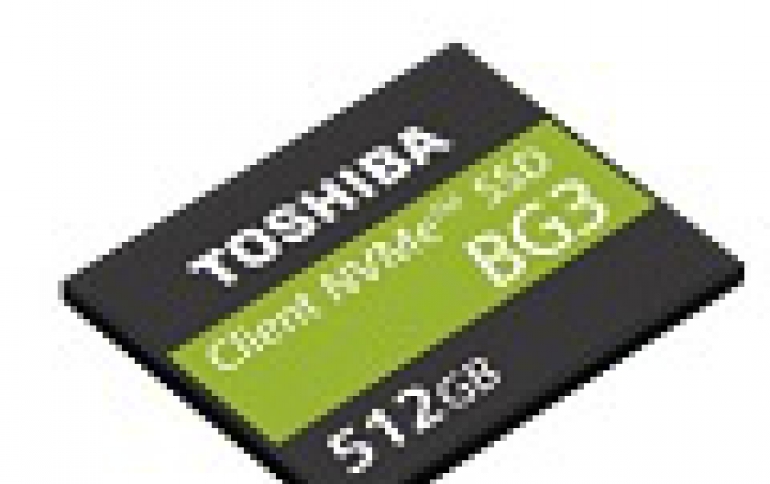
China Opposes SK hynix-Toshiba Deal
China's regulators are seeking more protections for Chinese companies before approving the proposed purchase of the Toshiba's NAND flash memory chip business by a Korea-Japan-U.S. consortium.
According to sources quoted by the Korea times, the Chinese authorities claim that the proposed acquisition will be affected by U.S.-China trade friction. But the
reality is Chinese regulators want the consortium to provide more remedies to protect Chinese companies before approving the plan.
Out of the eight countries that the consortium requested for approval of the deal, China is the only one that has been delaying the approval of the proposed takeover plan. The approval by Chinese regulators has been delayed to May 1 after the consortium's first attempt to close the deal failed.
China typically demands from foreign companies enaged in takeover deals to transfer key technologies and to cut payments by Chinese firms for patents as a condition for approval.
SK hynix, the world's No. 2 memory chipmaker, is part of a group led by Bain Capital that is buying the Toshiba unit for $18 billion. The South Korean company is seeking to provide financing for the deal through convertible bonds that could give it as much as 15 percent of the voting rights in the business.
China may be seeking to negotiate for lower royalty fees related to the memory chip making process. Since it is a relatively newcomer to the memory market, Chinese companies are spending billions of dollars each year in royalties to patent owners.
Previously, China dropped its investigation over U.S.-based telecom chip giant Qualcomm in return for cutting royalty payments Chinese companies pay to U.S. firms to produce smartphones.
Chinese regulators have also yet to approve a separate takeover deal led by Qualcomm to purchase NXP.





















